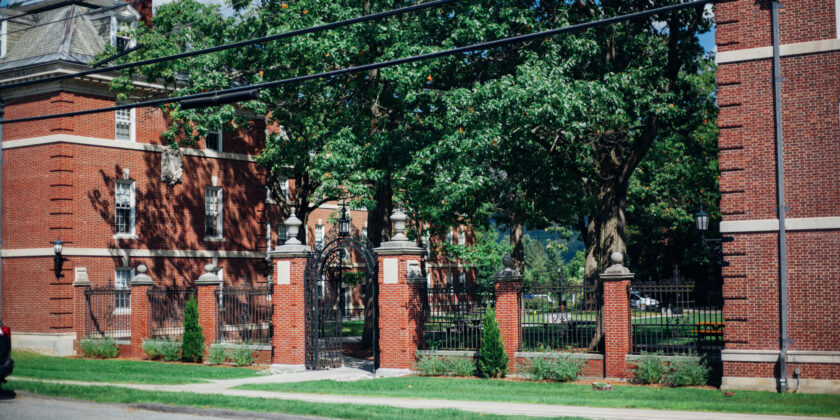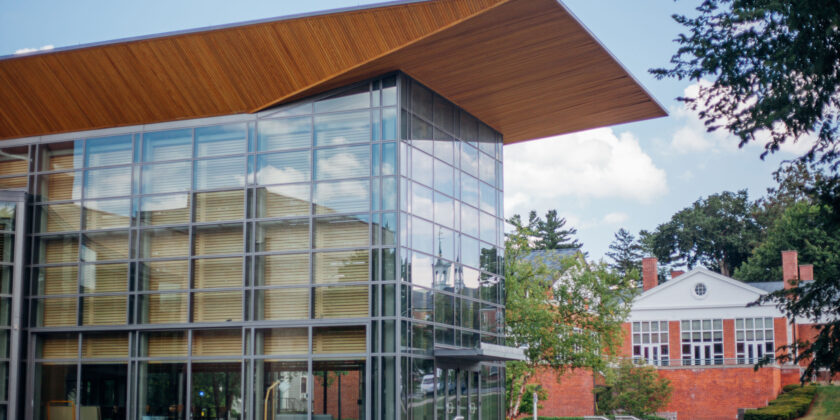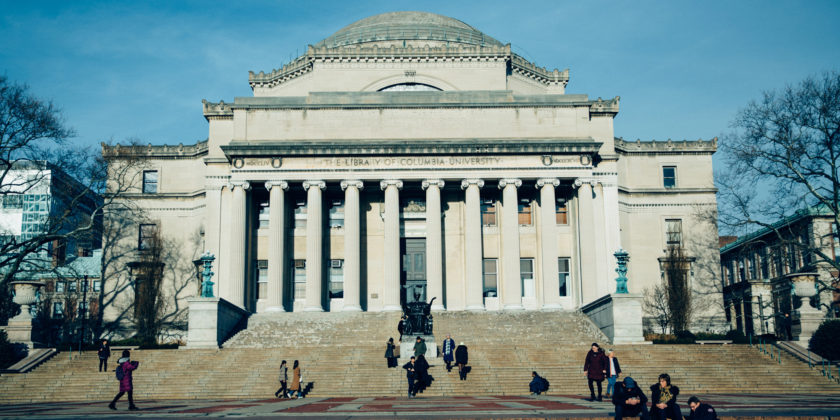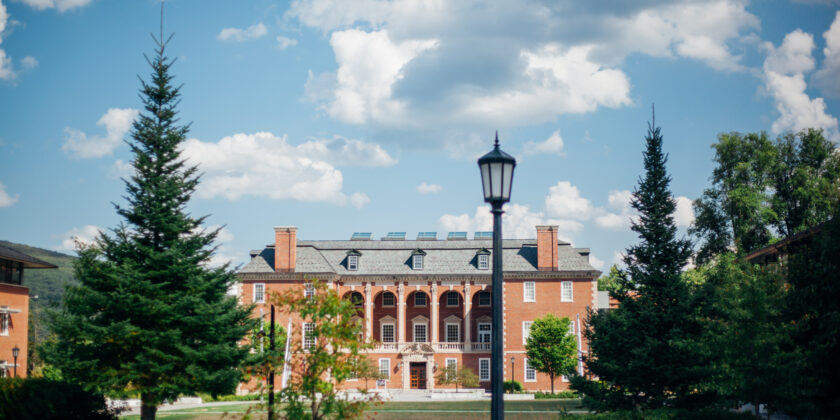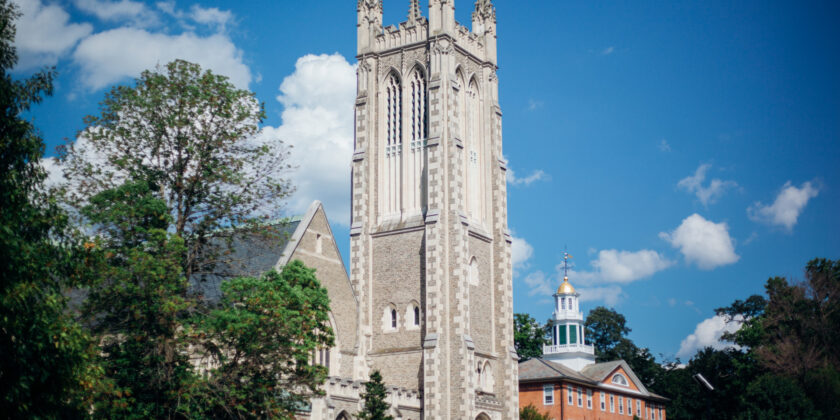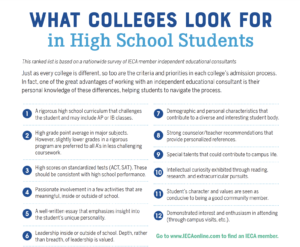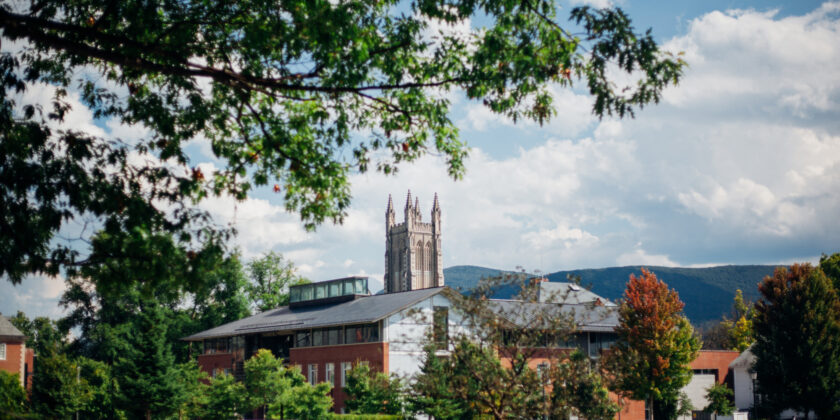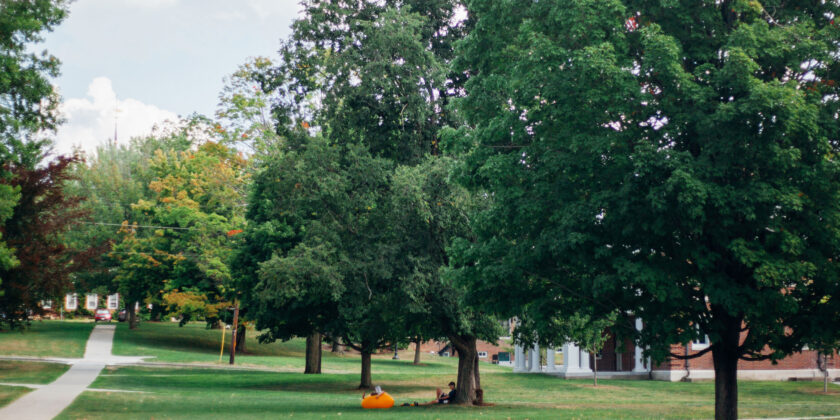A Must Read on March Madness & College’s Lack of Admissions Transparency
From Jeff Selingo:
March Madness is, of course, synonymous with college basketball, but there is another college tradition it might also describe these days: admissions.
The admissions process is now one that essentially runs year-round. Still, this month is when colleges typically send out their final batch of decisions. And this year is a particularly maddening one for applicants and the big-name colleges that, yes occupy a small subset of the higher education ecosystem, but also drive a lot of the narrative about admissions.
This year’s seniors submitted more applications to colleges than any group before them—at least in applying to the thousand colleges that are part of the Common App (which is a good proxy for the overall national numbers).
That huge surge in applications has resulted in an unusually large number of deferrals from early action. Here was a group of students who had applied early action (in November) for the purpose of getting a decision early (in January) but were told to wait until now to find out if they’re in or out.
The number of deferrals at many top-ranked colleges way outstrips the number of potential spots in the freshman class. As I wrote in the opinion pages of The New York Times yesterday:
Wisconsin deferred 17,000 of its 45,000 early action applicants. U.S.C. deferred around 38,000 — or some 94 percent — of its early pool (they accepted the other 6 percent and rejected no one). Clemson told nearly 15,000 of its 26,000 early applicants to wait another two-plus months for a decision (it rejected only 300).
The problem is that as applications have skyrocketed—they are up 32 percent at selective institutions over the past three years—the campuses have encouraged early action to spread out their workload and have more time to yield the accepted applicants they really want.
USC and Clemson did that this year by adding early action for the first time. Admissions officials at both institutions told me that as a result they were unsure how the applicant pool would shake out.
“We didn’t know if the early-action deadline would skew the high-quality apps to the front, so we were extra cautious,” said David Kuskowski, associate vice president for enrollment management at Clemson.
In other words, if they said Yes to the early academic rock stars, then they’d have to hand out more No’s in the regular-decision process to avoid over-admitting, but could still risk losing the early admits to other top-ranked colleges. Ah, the intricacies of enrollment management.
Kuskowski said he was “not in love with the way we had to manage the process this year.” He hopes that Clemson can apply what they learned about this year’s application trends and yield rates to next year’s cycle. “I believe that next year we will have more denials,” he said.
My piece in yesterday’s New York Times was the result of a phone call I got from Frank Bruni in December, when he told me that he’d be taking a few weeks off from his weekly newsletter and was asking others to fill in. Frank has long had an interest in higher ed and college admissions—he is now a professor at Duke—so he assumed there would be something to say about admissions in March.
I accepted the generous offer without knowing what I’d write about. But then I started hearing from parents and counselors about the wave of deferrals coming in from colleges. And I was also hearing the same names again and again: Clemson, USC, UVA, Wisconsin, Richmond, Villanova, among others.
As I started calling admissions deans about all the deferrals, however, they didn’t really want to talk about it or share numbers. To many of them, it wasn’t a big deal: the admissions process wasn’t over and they were simply telling students to wait. But the reason students applied early I told them was precisely to get an answer early. A deferral wasn’t an answer.
What’s more, if you’re a senior sitting on multiple deferrals they don’t necessarily mean the same thing from every campus. For some colleges, they might mean what they did at Clemson: we want to wait to see how the early pool compares with the regular pool. For others, it means they want to see more information—mostly senior year grades. And yet for others, a deferral is much like the wait list in the spring: deferred students fill gaps in the class when a school might need more humanities majors or boost enrollment of underrepresented students or need more students from a particular region.
Once again, I was reminded that colleges admissions is about the institution and not the student. That’s fine, we all get colleges are a business. But the secrecy surrounding these numbers also means that students and their counselors can’t figure out what to do next because they lack the context of the applicant pool.
Read the rest of Jeff’s article here.
*Stay in the know! Subscribe*
